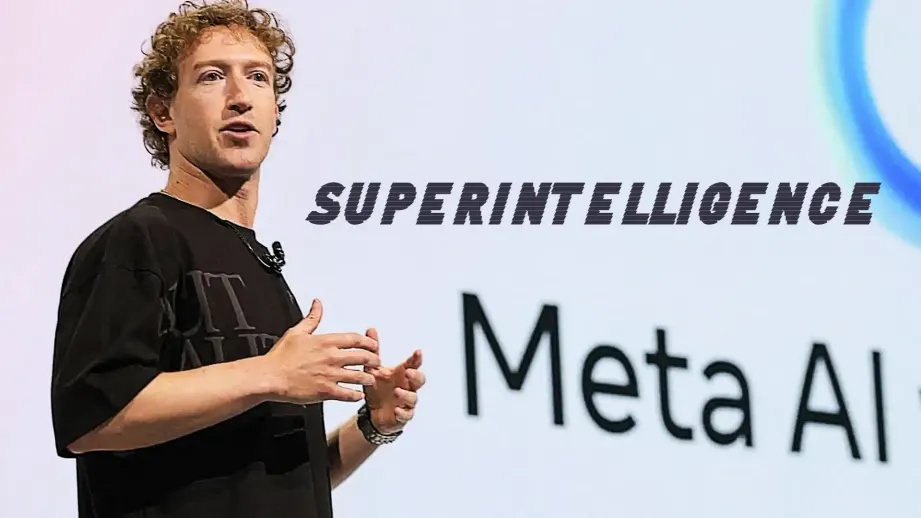Physical Address
304 North Cardinal St.
Dorchester Center, MA 02124
Physical Address
304 North Cardinal St.
Dorchester Center, MA 02124

Upgrading to Future

Upgrading to Future

Zuckerberg describes a future where AI helps individuals achieve personal growth—planning events, supporting decision-making, and enhancing creativity and daily life.
In 2025, Meta is investing $66–72 billion in capital expenditure, including massive data centers and acquisitions—signaling its shift from metaverse ambitions to AI dominance.
Meta has recruited top-tier AI talent, offering compensation packages up to $100 million+, successfully acquiring 49% of Scale AI for $14.3B and bringing Wang into its leadership team (source:The Guardian)
Meta aims to eclipse its LLaMA foundation models by developing AI that can self-improve, diverging from its open source roots to protect safety and strategic interests
Also Read: The Labubu Doll Hype; Groundbreaking AI Policy Report; Magic of Generative AI
| Metric | Value |
|---|---|
| Revenue | $47.5 B (+22% YoY) |
| Net Income | $18.3 B (+36% YoY) |
| Stock Reaction | ~11% jump post-earnings |
| AI Capex Forecast | $66–72 B, investing in infrastructure & talent |
Meta attributes its financial strength partly to AI-driven improvements in ad targeting and engagement on platforms like Instagram and WhatsApp.
Meta is transitioning from a social media ad giant into a top-tier AI powerhouse—betting hundreds of billions of dollars, hiring elite researchers, and pivoting toward personalized, self-improving intelligence. Whether this evolves into meaningful tools or futuristic hype will define not only Meta’s next chapter but the broader path of AI and human empowerment.
Heavy recruitment from OpenAI, Apple, Google and others positions Meta to drive forward the next generation of AI breakthroughs
Meta spent around $14.3 billion to acquire nearly half of Scale AI and brought onboard its CEO Alexandr Wang to head its Superintelligence Labs, alongside ex-GitHub leader Nat Friedman and other top talent.
| Metric | Q2 2025 / 2025 Outlook |
|---|---|
| Revenue | $47.5B (+22% YoY) |
| Net Income | $18.3B (+36%) |
| Q2 Capex | $17B (vs $8.5B in Q2 2024) |
| Full-year Capex | $66–72B (↑~$30B YoY) |
| Total Expenses in 2025 | $114–118B (20–24% growth) |
| Free Cash Flow (Q2) | $8.55B |
| Ad Revenue (FoA) | $46.6B; impressions +11%, price/ad +9% |
| Projected AI-Driven Revenue by 2030 | +$28B; ad growth at ~4–5% annually |
Meta has transformed from a social‑media powerhouse into a top-tier AI contender. Armed with a robust balance sheet, massive infrastructure investment, and first-rate talent, the company is setting the foundation for personal superintelligence. Investors are optimistic—but they’re watching the timeline closely. To sustain growth, Meta must convert heavy spending into tangible revenue benefits.
Whether that happens through smarter ads, Reality Labs devices, or fully-realized self-improving AI systems, the payoff will define its next chapter—and potentially influence the broader AI economy.
Analysts note that selling long-term AI dreams can outpace business fundamentals. Meta expects to spend up to $72 billion in capital expenditure this year, potentially jumping to $105 billion next year, mostly on servers and data centers. While competitors like Alphabet and Microsoft are also ramping up AI spending, the article cautions that higher costs and grand ambitions raise significant execution risk if demand or monetization falls short.